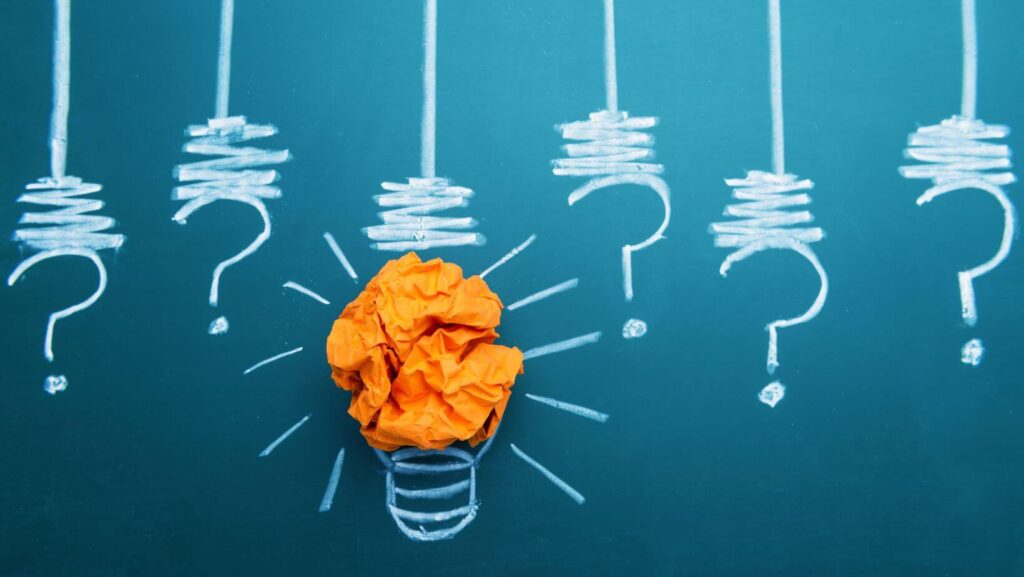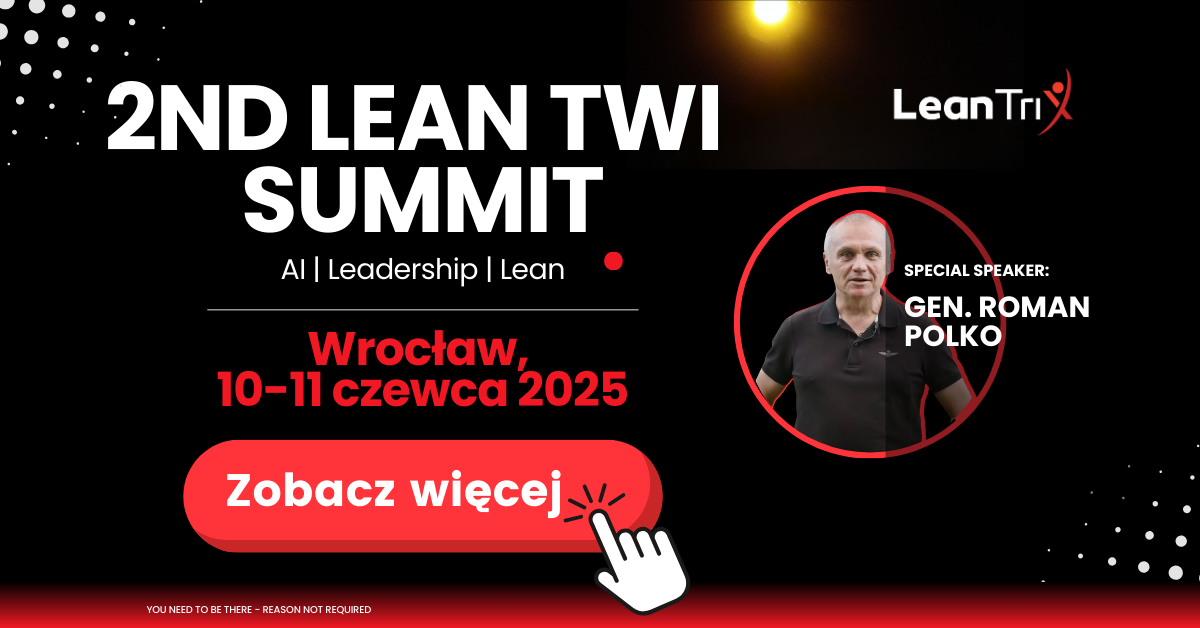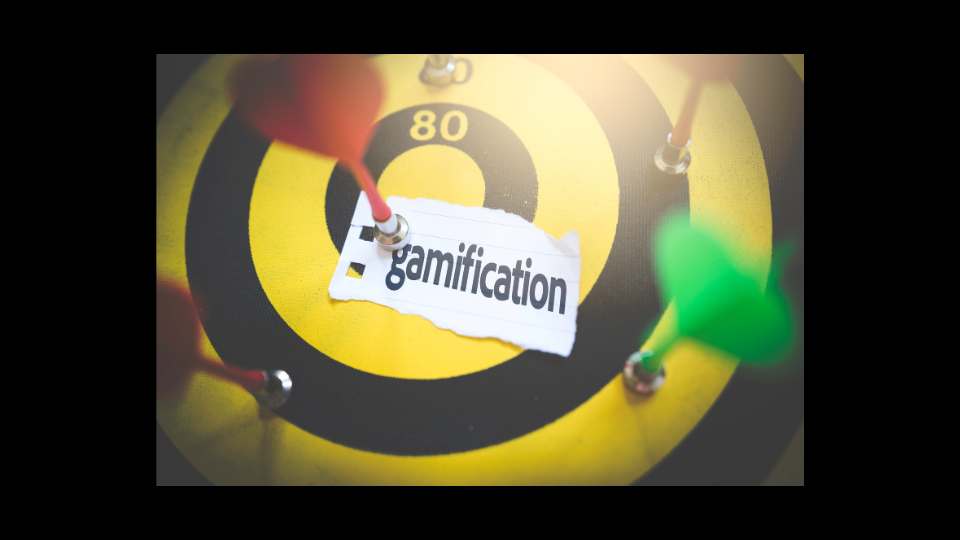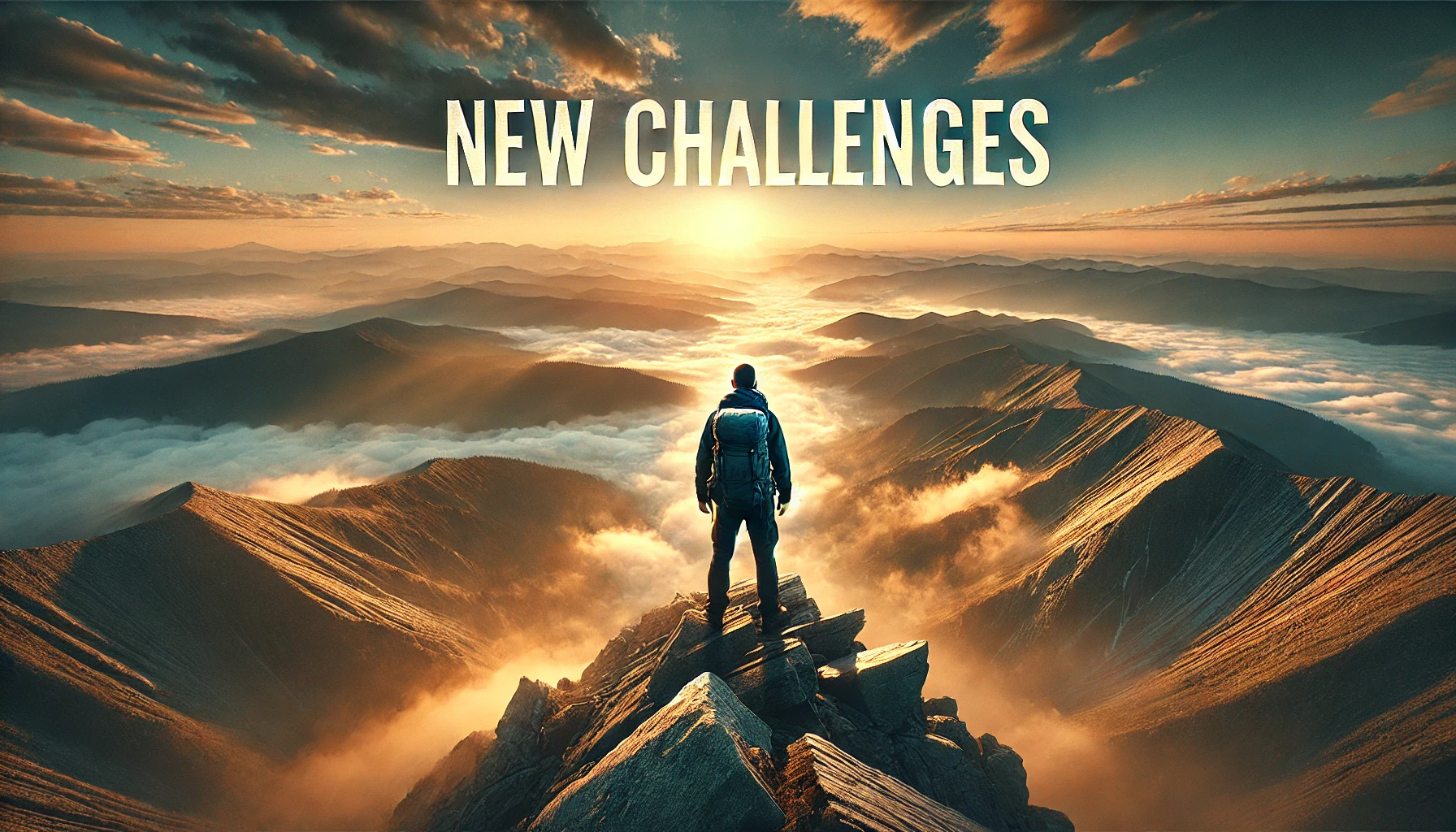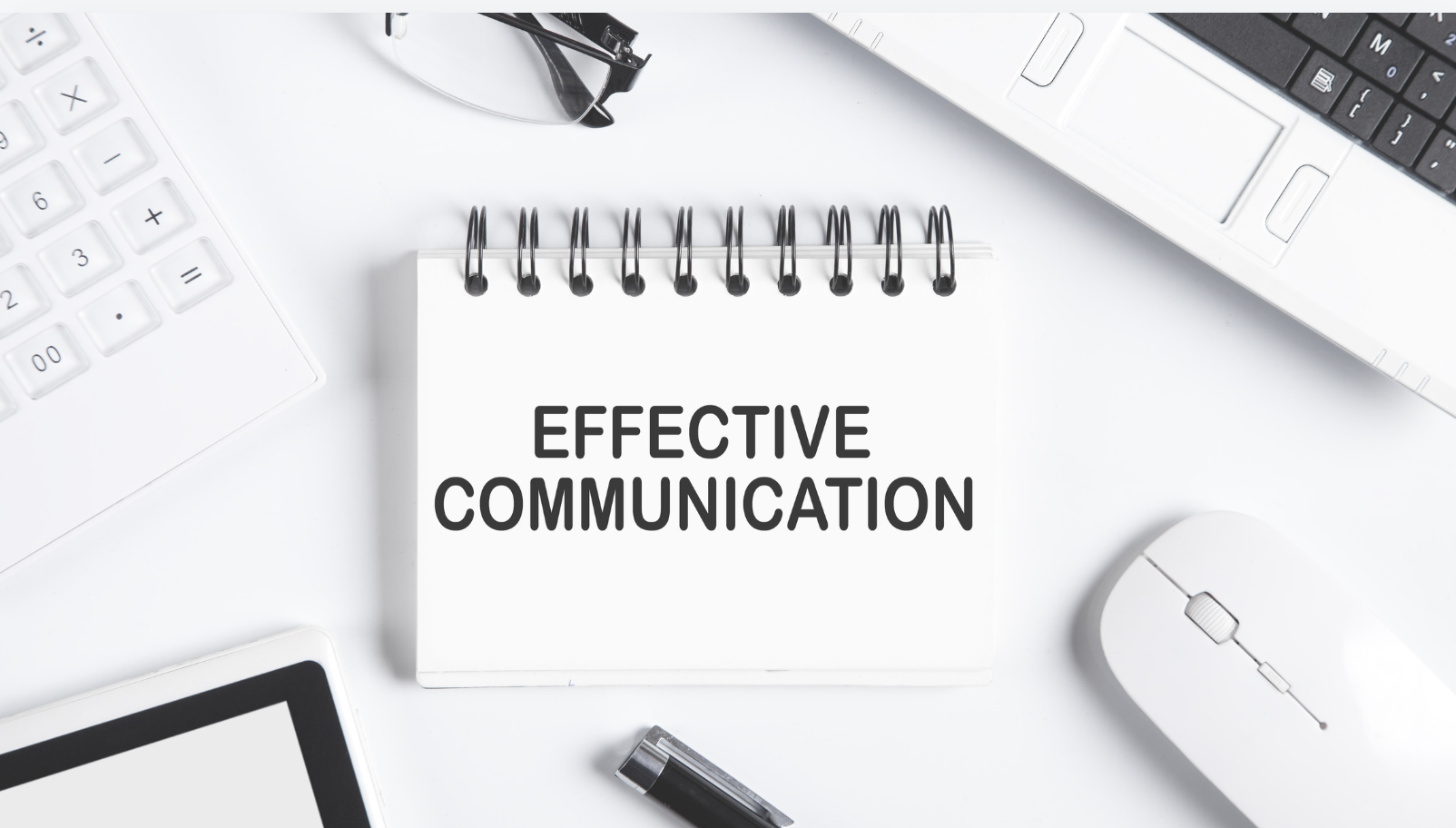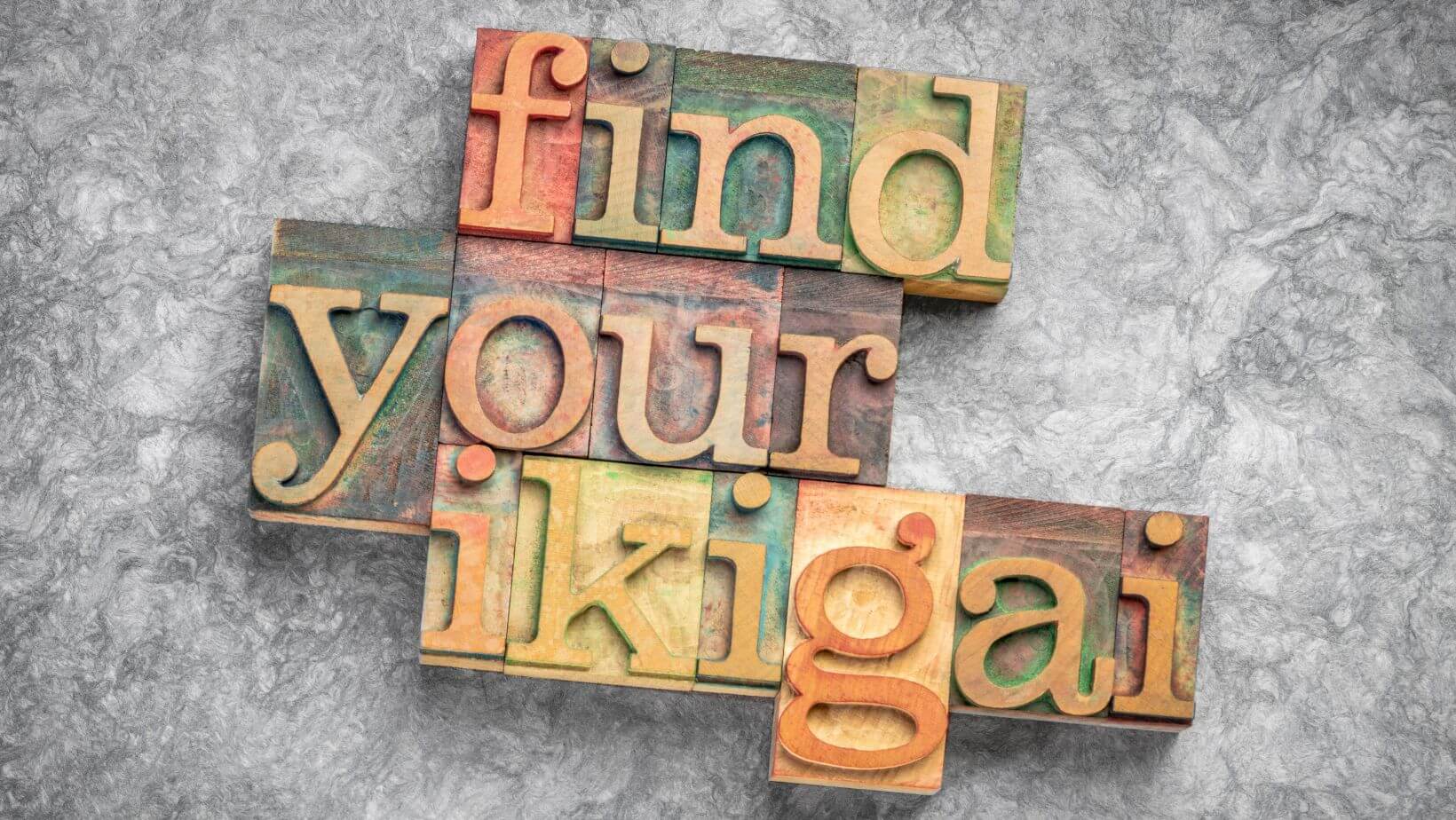Critical thinking is necessary. In today’s world, the internet is a key place for sharing information, and it’s important to know how this affects us, including our mental health. We’re surrounded by lots of data, opinions, and news, and it can be hard to figure out what’s true and what’s not. The way we use, share, and see all this information can really change what we think and do. We need to think about how we handle information and the problems that can happen if we share things that are wrong or not checked. Thinking carefully is really important. Can we find our way through all the true and false information? Why do we often share things that haven’t been checked and might be wrong? Is it because they look interesting? Do we make sure the information we pass on is from a good source? Can we tell the difference between what’s true and just someone’s opinion?
Table of Contents
ToggleThe Overload of Information in Today’s World
In today’s dawn, we encounter an overload of information and disinformation, the replication of worthless opinions, the spread of untruths. And we love to acquire and share information. So maybe it’s worth considering what we share with the world? A Simple Exercise for Evaluating Information. I suggest doing a simple exercise. I often ask students to do it. And what do I hear later? “Oh my, I had no idea I thought so cheaply and took everything for fact.”
Critical Thinking: Distinguishing Facts from Opinions and Falsehoods
What is the exercise about?
- we choose any news portal (our favorite),
- we choose any article (on a topic that currently interests us) and print it,
- we take three highlighters, in three colors,
- with one, any color, we mark what is true, facts, those pieces of information whose sources we can verify (what is objective),
- with a second color, we mark opinions (what is subjective – opinions often contain evaluative language and judgments),
- the third color is for untruth, falsehood (fake news),
- we reflect on what we have achieved.
(For text analysis, instead of printing and highlighting, we can also use computer tools). The basic tool of critical thinking is the question: How do I know that what I know is true?
Why We Often Assess Information Poorly
Critical thinking is necessary. And why do we assess information poorly? Because of cognitive errors, emotions, lack of mindfulness, unfamiliarity with the subject, inability to evaluate information sources, but also lack of time. So, if we don’t have time, it’s better to spare our brains the addition of extra information and the dissemination of unverified opinions, and untruths.
Dr. Iwona Burka holds a Ph.D. in Economics and has carved a distinguished career as a business trainer, researcher, adviser, and university lecturer. Celebrated for her contribution to various papers on management systems, she's also co-authored the seminal book, "Lean Service in theory and practice". With years immersed in the real-world implementation of management systems, Dr. Burka excels at simplifying complexities and excess. She fervently champions the optimization of organizational processes using the Lean approach combined with the Kaizen philosophy.
